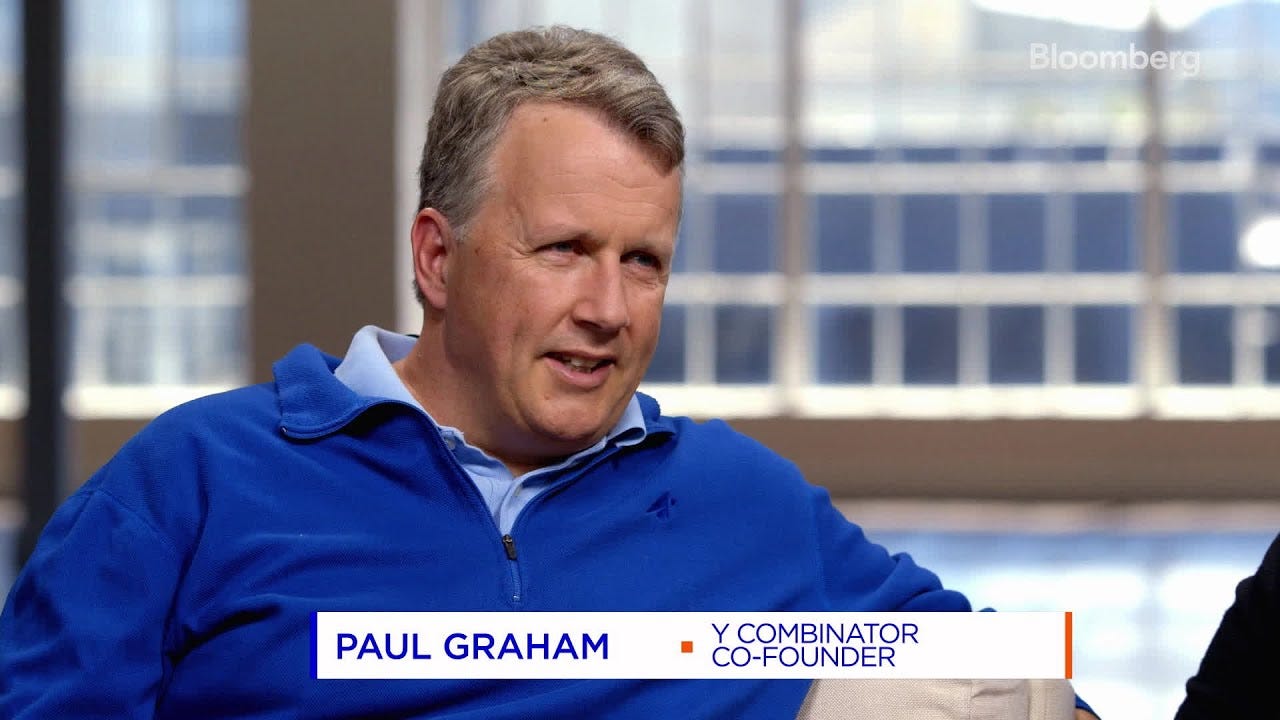Founder Mode vs. Manager Mode
Stop taking advice from people. Everyone has 2 cents.
In the past 7 years of my startup journey, so many people (many of them accomplished individuals in business) gave me advice on how I should be running my company. Unfortunately, they didn’t just work, the advice also set back years of progress. What worked for me was listening to my own intuition and making decisions based on it.
Until startups go from zero to one (when they finally get something working), people leave the founders alone because no one believes in the founder. Until 2020, no one took me seriously because they didn’t think I was someone to pay attention to. I was scratching the surface with some revenues and was nowhere on the radar.
Once I started crossing 20 lakhs a month in revenue, I had a ton of advice from well-meaning people on what I should be doing. Do it “this way”, do it “that way”. And I’ve been redirected with that advice. As an early-stage founder, you are not confident enough about your decision-making process and think your early success is only because of some beginner’s luck.
It takes some time to understand that what has worked for others will not work for you and you need to take everyone’s advice with a pinch of salt.
When you are at the early stages of your startup, you are by default in the founder mode because mistakes are not going to cost anything. Because every mistake is an opportunity to learn. You are not destroying anything with your mistakes because you have not built anything in the first place.
Once you have seen some traction and started building something, the cost of mistakes goes up. Because if you screw up something, you could damage (if not destroy) what you’ve built. Because now there is a cost associated with your mistakes, you tend to be more careful and ask advice from people. But if you started out your career asking advice from people, you would’ve been in a job. People would’ve told you, to go to a college, get a degree, and stick to one job for 30 years.
The best way to grow a startup from 1 to 10 and from 10 to 100 is to continue being in the founder mode, keep making mistakes, manage the risk, keep innovating, and most importantly don’t ask advice from people who have no idea about what you are building and what you want to achieve. Think for yourself and make sure that no one disrupts your founder mode.
The above thoughts are inspired by Paul Graham’s recent article on Founder Mode. I am reposting it here.
Founder Mode
- Paul Graham
At a YC event last week Brian Chesky (Founder of Airbnb) gave a talk that everyone who was there will remember. Most founders I talked to afterward said it was the best they'd ever heard. Ron Conway, for the first time in his life, forgot to take notes. I'm not going to try to reproduce it here. Instead, I want to talk about a question it raised.
The theme of Brian's talk was that the conventional wisdom about how to run larger companies is mistaken. As Airbnb grew, well-meaning people advised him that he had to run the company in a certain way for it to scale. Their advice could be optimistically summarized as "hire good people and give them room to do their jobs."
He followed this advice and the results were disastrous. So he had to figure out a better way on his own, which he did partly by studying how Steve Jobs ran Apple. So far it seems to be working. Airbnb's free cash flow margin is now among the best in Silicon Valley.
The audience at this event included a lot of the most successful founders we've funded, and one after another said that the same thing had happened to them. They'd been given the same advice about how to run their companies as they grew, but instead of helping their companies, it had damaged them.
Why was everyone telling these founders the wrong thing? That was a big mystery to me. And after mulling it over for a bit I figured out the answer: what they were being told was how to run a company you hadn't founded: how to run a company if you're merely a professional manager. But this m.o. is so much less effective that to founders it feels broken. There are things founders can do that managers can't, and not doing them feels wrong to founders because it is.
In effect, there are two different ways to run a company: founder mode and manager mode. Till now most people even in Silicon Valley have implicitly assumed that scaling a startup meant switching to manager mode. But we can infer the existence of another mode from the dismay of founders who've tried it, and the success of their attempts to escape from it.
There are as far as I know no books specifically about founder mode. Business schools don't know it exists. All we have so far are the experiments of individual founders who've been figuring it out for themselves. But now that we know what we're looking for, we can search for it. I hope in a few years founder mode will be as well understood as manager mode. We can already guess at some of the ways it will differ.
The way managers are taught to run companies seems to be like modular design in the sense that you treat subtrees of the org chart as black boxes. You tell your direct reports what to do, and it's up to them to figure out how. But you don't get involved in the details of what they do. That would be micromanaging them, which is bad.
Hire good people and give them room to do their jobs. Sounds great when it's described that way, doesn't it? Except in practice, judging from the report of founder after founder, what this often turns out to mean is: to hire professional fakers and let them drive the company into the ground.
One theme I noticed both in Brian's talk and when talking to founders afterward was the idea of being gaslit. Founders feel like they're being gaslit from both sides: by the people telling them they have to run their companies like managers, and by the people working for them when they do.
Usually, when everyone around you disagrees with you, your default assumption should be that you're mistaken. But this is one of the rare exceptions. VCs who haven't been founders themselves don't know how founders should run companies, and C-level execs, as a class, include some of the most skillful liars in the world.
Whatever founder mode consists of, it's pretty clear that it's going to break the principle that the CEO should engage with the company only via his or her direct reports. "Skip-level" meetings will become the norm instead of a practice so unusual that there's a name for it. And once you abandon that constraint there are a huge number of permutations to choose from.
For example, Steve Jobs used to run an annual retreat for what he considered the 100 most important people at Apple, and these were not the 100 people highest on the org chart. Can you imagine the force of will it would take to do this at the average company? And yet imagine how useful such a thing could be. It could make a big company feel like a startup. Steve presumably wouldn't have kept having these retreats if they didn't work. But I've never heard of another company doing this. So is it a good idea, or a bad one? We still don't know. That's how little we know about founder mode.
Obviously, founders can't keep running a 2000-person company the way they ran it when it had 20. There's going to have to be some amount of delegation. Where the borders of autonomy end up, and how sharp they are, will probably vary from company to company.
They'll even vary from time to time within the same company, as managers earn trust. So founder mode will be more complicated than manager mode. But it will also work better. We already know that from the examples of individual founders groping their way toward it.
Indeed, another prediction I'll make about founder mode is that once we figure out what it is, we'll find that a number of individual founders were already most of the way there: except that in doing what they did they were regarded by many as eccentric or worse.
Curiously enough it's an encouraging thought that we still know so little about founder mode. Look at what founders have achieved already, and yet they've achieved this against a headwind of bad advice. Imagine what they'll do once we can tell them how to run their companies like Steve Jobs instead of John Sculley.
(Source)




"The best way to grow a startup from 1 to 10 and from 10 to 100 is to continue being in the founder mode, keep making mistakes, manage the risk, keep innovating, and most importantly don’t ask advice from people who have no idea about what you are building and what you want to achieve. Think for yourself and make sure that no one disrupts your founder mode."
Good one! Deepak. I can very well related to it. The best decisions I have taken are those which were intuitively guided. Nowadays, I rarely talk to people about my challenges except one or two whom I can trust. As Founders, we need someone who is matured and objective to share your journey with. Someone who doesn't advise but be a mirror. Otherwise, the journey of an entrepreneur is usually lonely. I have accepted this long back and this helps you to evolve as a person. Willingness to fail and be able to learn from that failure and incorporate those lessons as you move along is a great trait to have as a Founder. Nice article! Keep inspiring...
Regards,
Rama Kumar